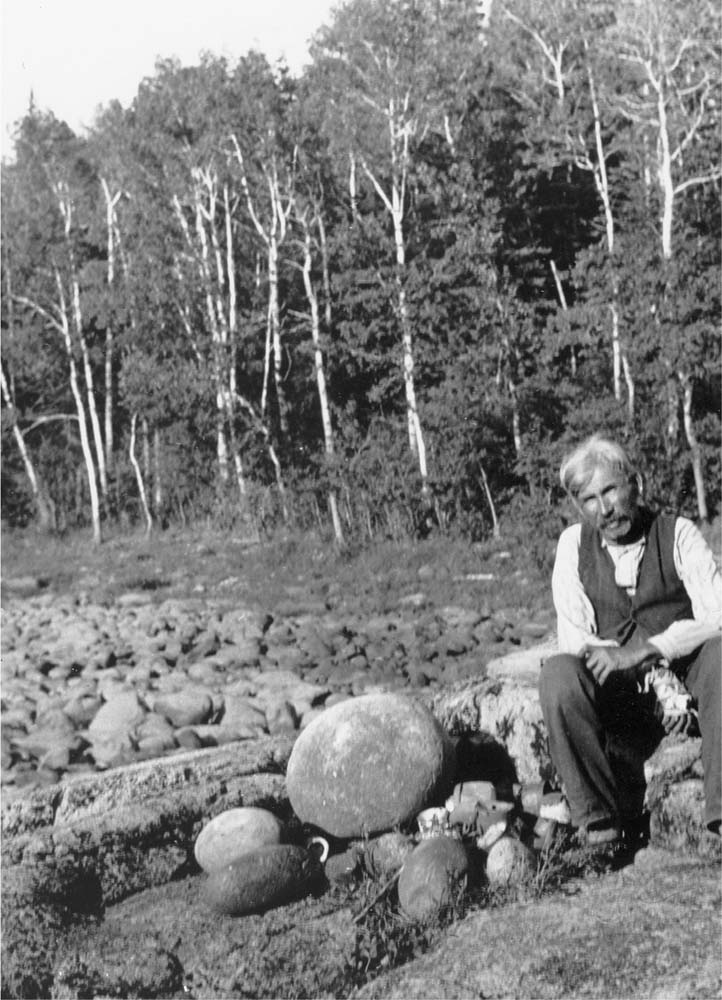26:23
everything that Trump is doing is within the context of the
advancement of this transition this shift
trying to understand it in any other way is a waste of time
it's a waste of time and energy
it's only going to cause confusion
like if you try to reason out how the tariffs will or will not bring back manufacturing jobs to the US
or how it's going to solve America's trade deficit or what have you
this is all pointless distraction
america is not competitive economically
and it doesn't have the ingredients to become competitive economically
america is in a state of irreversible decay and erosion
as a result of having approached the economy
and having approached governance
the way that they did from the beginning
america has run its course
that's just the way it is
see you have to understand
you in America you've never been anything but coal for the fire
fuel for someone else's engine
you're firewood to keep the rich warm
but that's not sustainable and it never was
that's why I keep telling you, to stop listening, and stop trying to debate what they say
only look at what they do, and what the predictable outcome is going to be of what they're doing
the rest is just smokeokc screen, literally, you know
you're like firefighters who think that your job is to fight the smoke not the fire
so I said before what you need in America is a cultural revolution
because the system that you have was born from your culture
and then the system that you gave birth to
used your culture to destroy and to subjugate you even further
you need a massive cultural reformation in that country
because look like I said what are the main reasons
behind why the economic demolition of the United States is happening and why it's necessary
you're volatile, you're emotional, you're uneducated, you're ignorant, you're self-indulgent, you're materialistic
you have no social cohesion, you have no sense of community
no sense of solidarity your families are broken you're not reproducing
you're racist you're divided you're polarized you're delusional you're uninformed undisiplined and scatterbrained
you drink you smoke you do drugs you're on meds you're atomized you're lonely you're aggressive you're impatient
you're addicted to your devices you're frivolous childish and foolish
grown people doing dance trends on TikTok in their garage
women filming themselves in the longest hallway that they can find in their tiny apartments
to try to look like they're walking the catwalk
it's sad
you're living on credit which means you're living in debt, you know
I mean if you actually only had what you can afford to have you'd be living in squalor
i said most of the people in this supposedly richest country on earth are actually living in third world conditions
but your diabolical credit cards let you keep up the appearance of abundance
 Chief William Berens seated beside the living stones of his elders; a picture taken by A. Irving Hallowell in 1930, between Grand Rapids and Pikangikum, Ontario, Canada. (American Philosophical Society)
Chief William Berens seated beside the living stones of his elders; a picture taken by A. Irving Hallowell in 1930, between Grand Rapids and Pikangikum, Ontario, Canada. (American Philosophical Society)